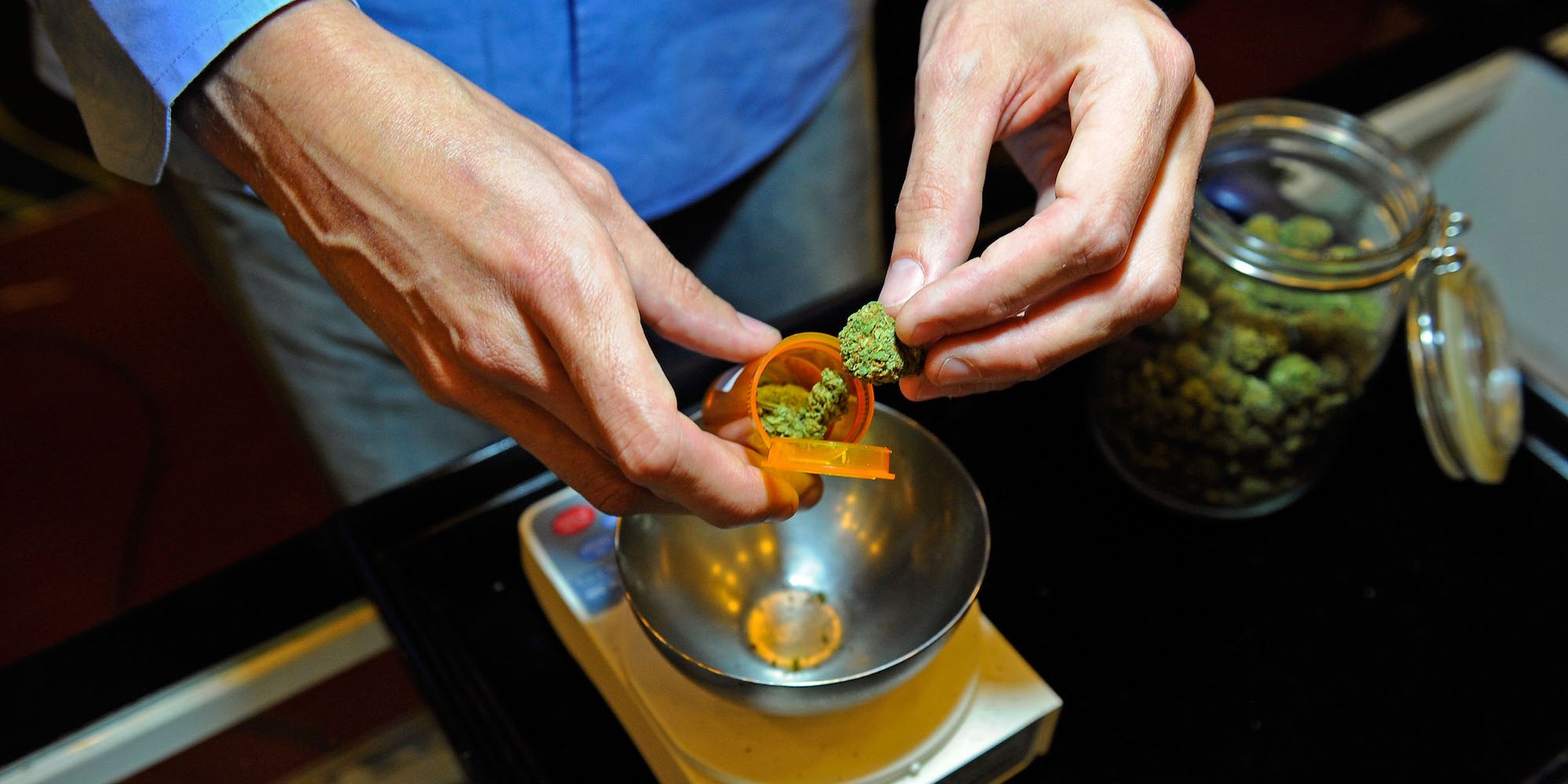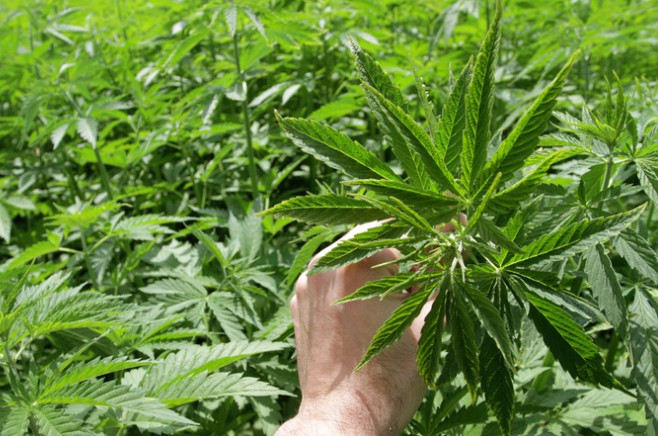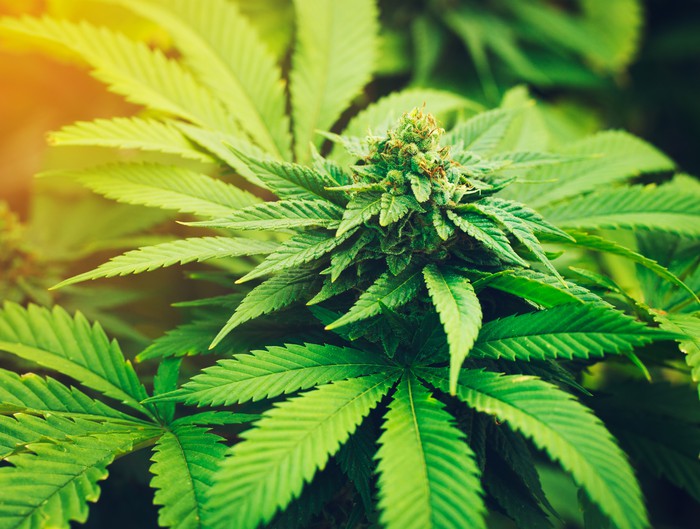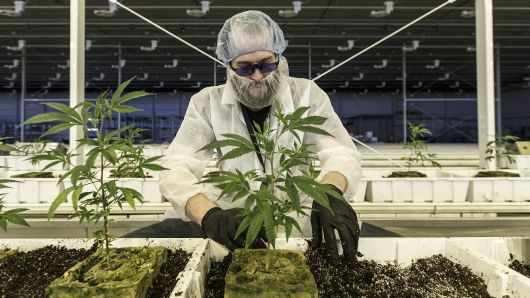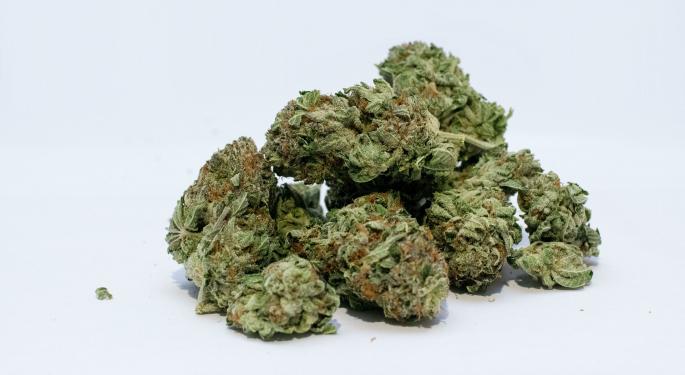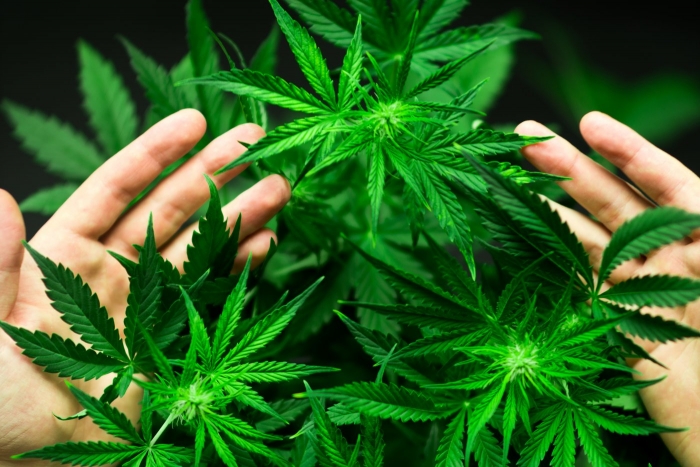- Short sellers, or investors betting against weed stocks, have $1.7 billion on the line as valuations have surged this quarter.
- Investors are paying $1.1 million a day to borrow stocks in order to short them, data from the financial-analytics firm S3 Partners shows.
- Despite the surge in prices, not many of those short sellers are buying shares to cover their bets — a sign of their conviction.
High-flying marijuana stocks have already cost short sellers more than $900 million this year, but those skeptics don’t appear to be giving up anytime soon.
There’s at least $1.7 billion riding against the sector, according to data from the financial-analytics firm S3 Partners, and very few of those investors have bought shares outright in order to cover their wagers.
“It looks like the shorts have just as much conviction as the longs in this sector and both sides are hanging tough even with the wild price swings we’ve had over the last week,” Ihor Dusaniwsky, the firm’s managing director of predictive analytics, told Business Insider.
Short sellers are paying an average of 19% to bet against marijuana stocks, with GW Pharmaceuticals, Tilray, Canopy Growth, and Aurora Cannabis topping their list of targets. That’s $1.1 million every day paid across the sector just to borrow stocks in order to short them.

In the 61 marijuana stocks and exchange-traded funds that S3 tracks, Dusaniwsky says short-interest against that basket has increased by 58% since the end of the second quarter. Most of that chunk has gone against Tilray, whose stock price is up a whopping 535% since its July initial public offering. Tuesday’s 7% rally — fueled by an announcement from the company that it was exporting medical CBD products to Australia — produced $60 million in mark-to-market losses for those betting against the stock.
“Shares shorted are down slightly over the last week, down 40k shares, but there has by no means been a short squeeze in the stock with only 149k shares covers in September as Tilray’s stock price rose $52/share,” added Dusaniwsky.
Credit: markets.businessinsider.com

